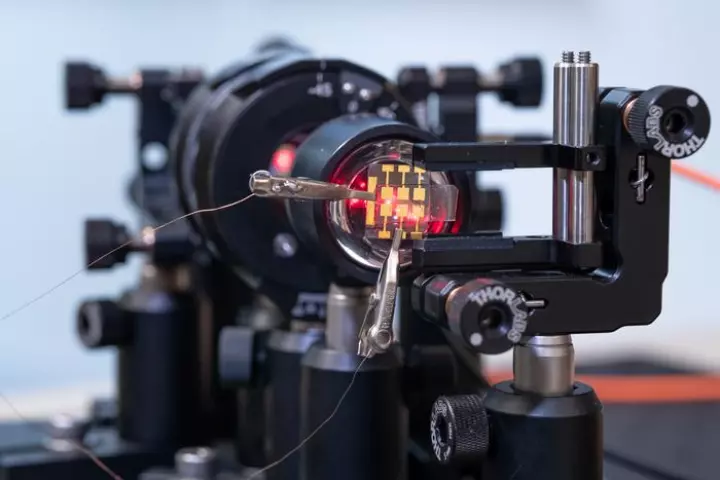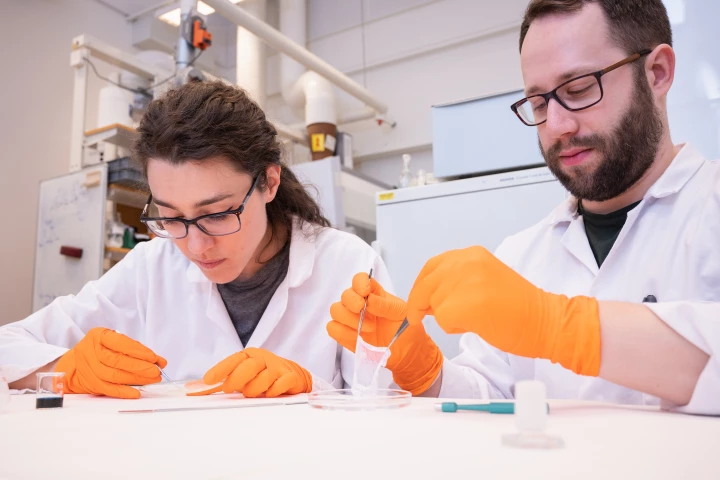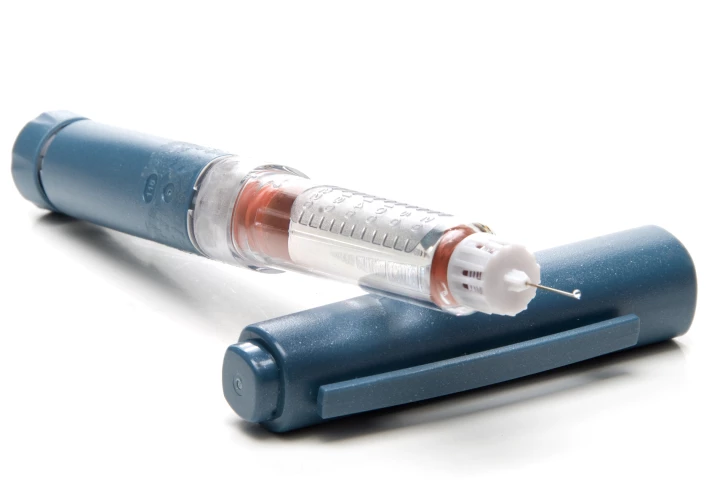Linkoping University
-
Graphene is the Novak Djokovic of materials – it’s so damn talented that it’s getting boring celebrating each new victory. But an exciting new upstart is challenging graphene’s title. Meet goldene, a 2D sheet of gold with its own strange properties.
-
Eating small amounts of licorice, in keeping with the suggested daily intake, may still cause high blood pressure in healthy young people, a new study has found. The findings highlight the need for caution when consuming the sweet black treat.
-
While hydroponic farms do allow a lot of plants to be grown in a small space, they would be a better alternative to traditional farms if those plants grew faster. That may soon be the case, thanks to the development of electrically conductive eSoil.
-
It’s taken more than three decades, but scientists have cracked the code and created a material that’s near-impossible to break and rivals diamond as the hardest substance on the planet. The applications for this long-sought-after substance are vast.
-
Random numbers are critical to encryption algorithms, but they're nigh-on impossible for computers to generate. Now, Swedish researchers say they've created a new, super-secure quantum random number generator using cheap perovskite LEDs.
-
Dementia is frequently associated with negative assumptions concerning loss of memory and independence. But a new study has found that contrary to commonly held beliefs, it is possible for people with dementia to continue to learn despite the condition.
-
Wood isn’t usually very good at conducting electricity, but now scientists have created the first functional wooden transistor. It’s not the best, and it requires some processing, but it does work and could help make for biodegradable electronics.
-
It's ironic that in order to check if a wound is becoming infected, doctors may end up setting back the healing process by removing the dressing. An experimental new dressing is designed to help, as it changes color if an infection is occurring.
-
A cornea implant made out of collagen gathered from pig skin has restored the vision of volunteers in a landmark study. Pending further testing, the novel implant is hoped to improve the vision of millions waiting for difficult transplant surgeries.
-
Artificial devices usually don’t communicate well with nature. Now, researchers have created artificial organic neurons and synapses that can integrate with natural biological systems, and demonstrated this by making a Venus flytrap close on demand.
-
Complex bone fractures can be hard to treat, sometimes requiring the injured bone to be replaced with bone harvested from elsewhere in the body. Thanks to a new material, though, bone-building micro-robots may someday provide an alternative.
-
Results from a trial testing a type 1 diabetes vaccine have found the treatment effective in patients with a specific genetic variant. If validated in larger trials the treatment could be helpful in around 50 percent of patients with type 1 diabetes.
Load More











